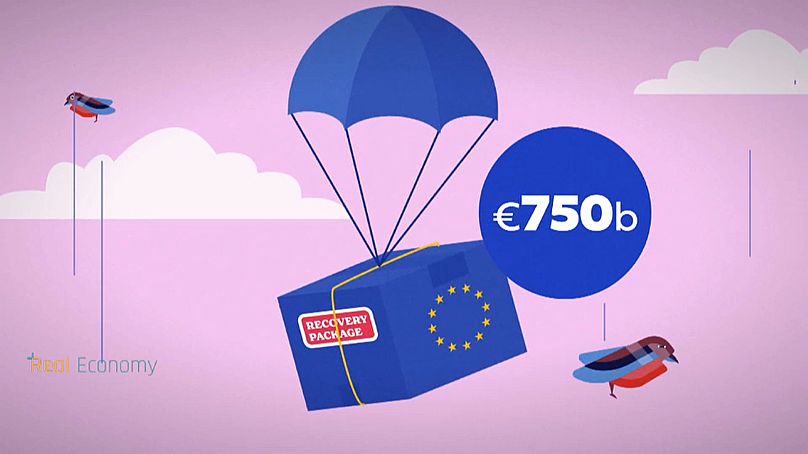We take a look at how the pandemic has impacted the European economy in 2020 and what the future may hold.
2020 will be known as a year of extreme contrasts for the economy in Europe.
 ADVERTISEMENT
ADVERTISEMENT
 ADVERTISEMENT
ADVERTISEMENT
Springtime shock
The first wave of the coronavirus pandemic led the European Commission to announce the worst recession in the EU’s history in its Spring Forecast. Between April and June, the EU economy shrunk by 11.4% and the eurozone economy by 11.8%.
The impact of the pandemic was worse in Europe than in the United States, which reported a 9.5% drop. It was also worse than the previous financial crisis of 2009 when the EU contracted by 4.3% and the eurozone by 4.4%.
Summer bounce back
As lockdown measures across Europe were eased, things started looking up for the economy. The majority of Europe was free to travel and go on holiday in a bid to save the tourist season for many business sectors. Between July and September, there was record growth of 12.1% for the EU and 12.7% for the eurozone.
Autumn blues
That recovery came to a sharp end, however, with the second wave of containment measures.
It led the European Commission to downgrade its economic growth forecast for 2021 from 6.1% down to 4.2% for the Eurozone and from 5.8% to 4.1% for the EU.
Outlook ahead
It’s now expected to take at least two years for the European economy to come close to its pre-pandemic level.
The Commission’s Autumn Forecast projects that the EU economy will contract by 7.4% in 2020 before recovering with growth of 4.1% in 2021 and 3% in 2022. The euro area economy will contract by 7.8% in 2020 before growing 4.2% in 2021 and 3% in 2022.
EU Recovery package
The EU has agreed on a landmark 750 billion euro recovery package to respond to the crisis, known as 'Next Generation EU'.
The package was originally blocked by member states, Hungary and Poland due to differences in the mechanism that would make some funds conditional on a country's respect for core European values. But a compromise has been found and the funds finally approved.
The package will include 360€ billion in loans and 312.5€ billion in grants.
It will be borrowed on the financial markets, using the EU’s strong credit rating.












